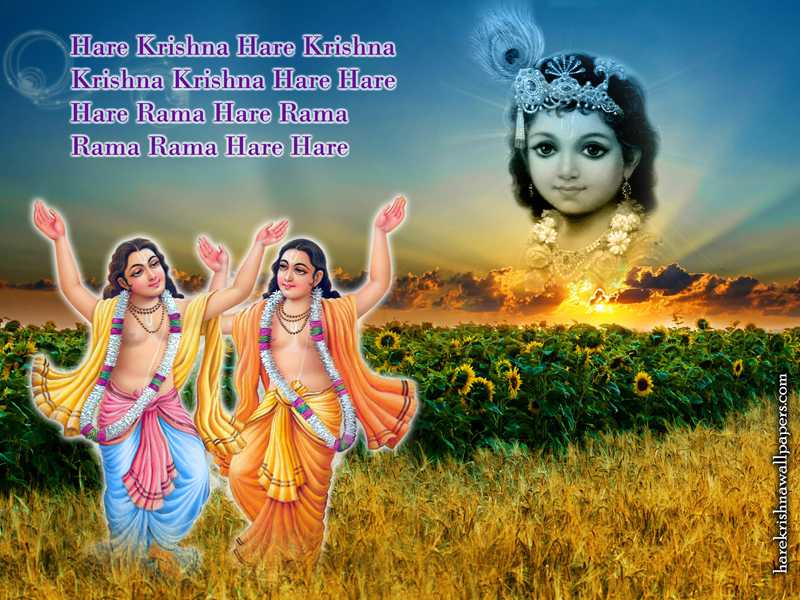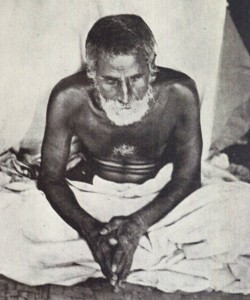There was once a Muslim man who suffered from severe enteritis after consuming spoiled meat. Stricken with illness, he desperately ran into the woods to relieve himself. However, weakened by his condition, he could not get back on his feet after evacuating.
Nearby, a wild boar, attracted by the scent, was eagerly watching. As the man lay helpless, the boar, driven by its senses, attacked him, piercing his heart with its tusks. In his dying moments, the Muslim man cried out, “Harama!”
The word “Harama” in Arabic means something like “cursed.” However, within this word lies the syllables of the holy name “Rama.” Thus, even though the Muslim man did not intend to chant the holy name, he inadvertently did so and attained moksha (liberation).
Moral of the Story
Unintentional Power of the Holy Name:
This story illustrates the immense power of the holy name of the Lord. Even when chanted unknowingly or unintentionally, the holy name has the force to grant liberation. The Muslim man’s cry of “Harama” contained the sacred syllables of “Rama,” and despite his intention, it brought him moksha.
Lessons to Be Learned
Chanting the Holy Name:
The holy name of the Lord is supremely powerful. The story demonstrates that even an unconscious or accidental utterance of the holy name can have profound spiritual effects. This underlines the importance of chanting the holy name consciously and constantly.
The Most Effective Devotional Practice:
In the Caitanya-caritāmṛta, it is stated that of the nine processes of devotional service, the most important is to always chant the holy name of the Lord. By avoiding the ten kinds of offenses and chanting sincerely, one can easily attain the invaluable love of Godhead.
Transformative Power of the Holy Name:
Even when our chanting is on the platform of nāma-aparādha (offensive chanting) or nāma-ābhāsa (shadow of the holy name), it can still be effective. Continuous chanting, despite initial lack of taste, will eventually lead to an experience of Krishna’s true nature. Śrīla Rūpa Gosvāmī compares this process to a patient suffering from jaundice:
“The holy name, character, pastimes, and activities of Krishna are all transcendentally sweet like sugar candy. Although the tongue of one afflicted by the jaundice of avidyā (ignorance) cannot taste anything sweet, it is wonderful that simply by carefully chanting these sweet names every day, a natural relish awakens within his tongue, and his disease is gradually destroyed at the root.”
Conclusion
The story of the Muslim man and the wild boar highlights the miraculous power of the holy name of the Lord. It teaches us that even unintentional chanting can lead to liberation, emphasizing the profound effect of constantly and consciously chanting the holy name. By understanding and embracing this practice, we can gradually destroy the root of ignorance and develop a natural relish for the divine names, characters, and pastimes of Krishna.



